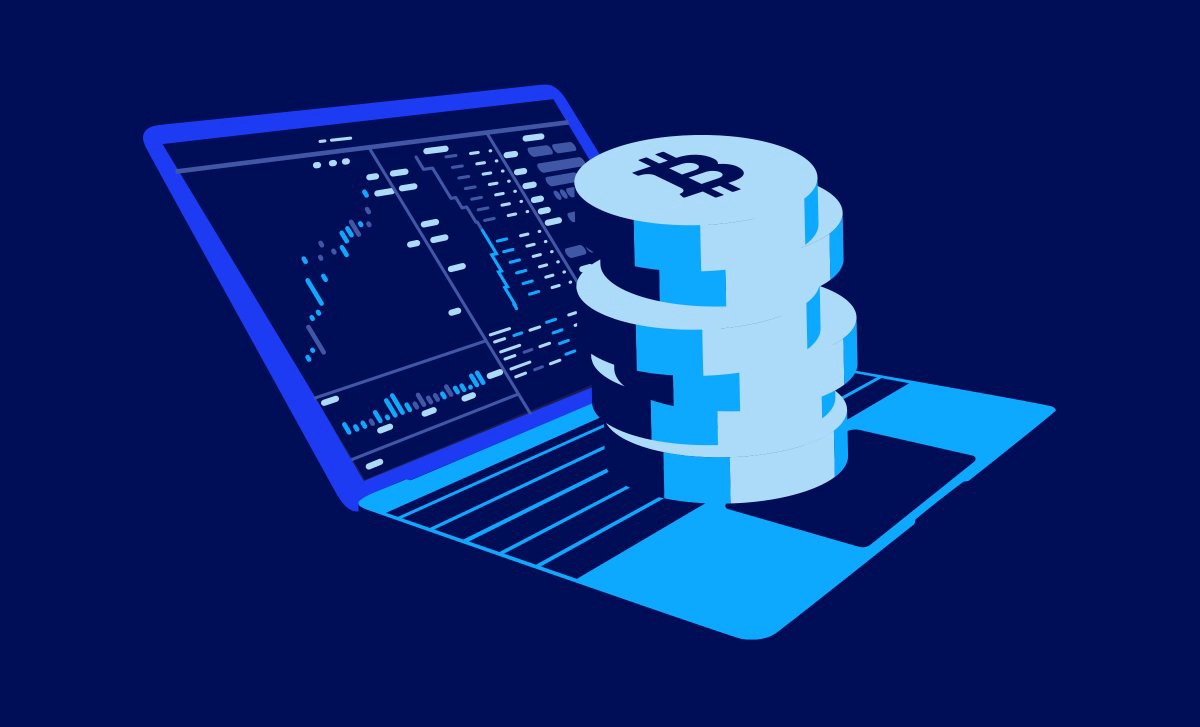How to Choose A Crypto Exchange Platform?
Choosing a crypto exchange in 2021 to purchase ETH, BTC and other cryptocurrencies can be unnerving and daunting process. This is due to huge rivalry out there. There are over 200 crypto exchanges operating in the market. In this blog post, we attempted to make things easier for you by putting together some important points. Let’s go through them below:

Geographical location & restrictions
That’s biggie! You should take this super seriously, as it is going to affect you if you choose the one with strict restrictions. The majority of crypto exchanges have geographical restrictions, which can affect your crypto undertakings. So take this seriously. Try to make sure the crypto exchange you are considering operates officially in your area. You may also check your country’s policy on digital assets and crypto exchanges.
Volume and Liquidity
If a crypto exchange has higher trading volume, it means it is trusted by the majority of crypto users. The more the trading volume the better. Moreover, the ability to cater to a user’s needs at any time of the day should also be given some thoughts.
Support and Security
While using a crypto exchange platform, there may arise some problems along the way. So, your crypto exchange must have a friendly customer support team who will always be ready to help you with your problems.
In addition to having a friendly customer support team, they also must have a robust security plan to keep their users from any theft attempts. Always prefer exchanges offering 2FA, and there’s no point in going with an exchange that is getting its feet wet in the market. Prefer experienced and reputed names like Binance and Coinbase.
What’s your take on this? Please feel free to share your feedback in the comments below.

As a writer, Ruben is an advocate of blockchain technology and cryptocurrency in general. He writes about all things from cryptography to economics, with a focus on how it applies to cryptocurrencies. He is also passionate about writing about topics such as decentralization, open-sourced software development, and copyright law.






